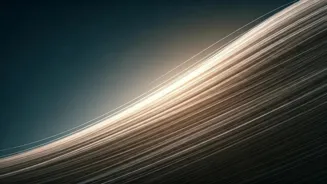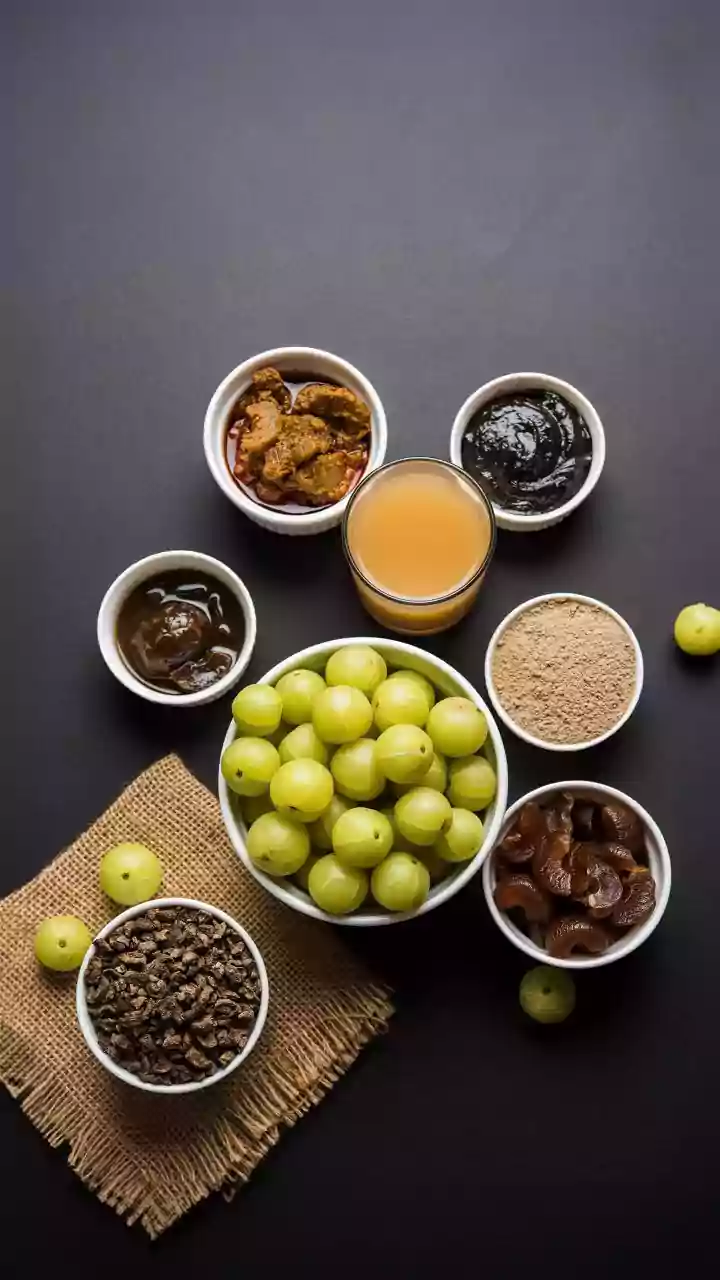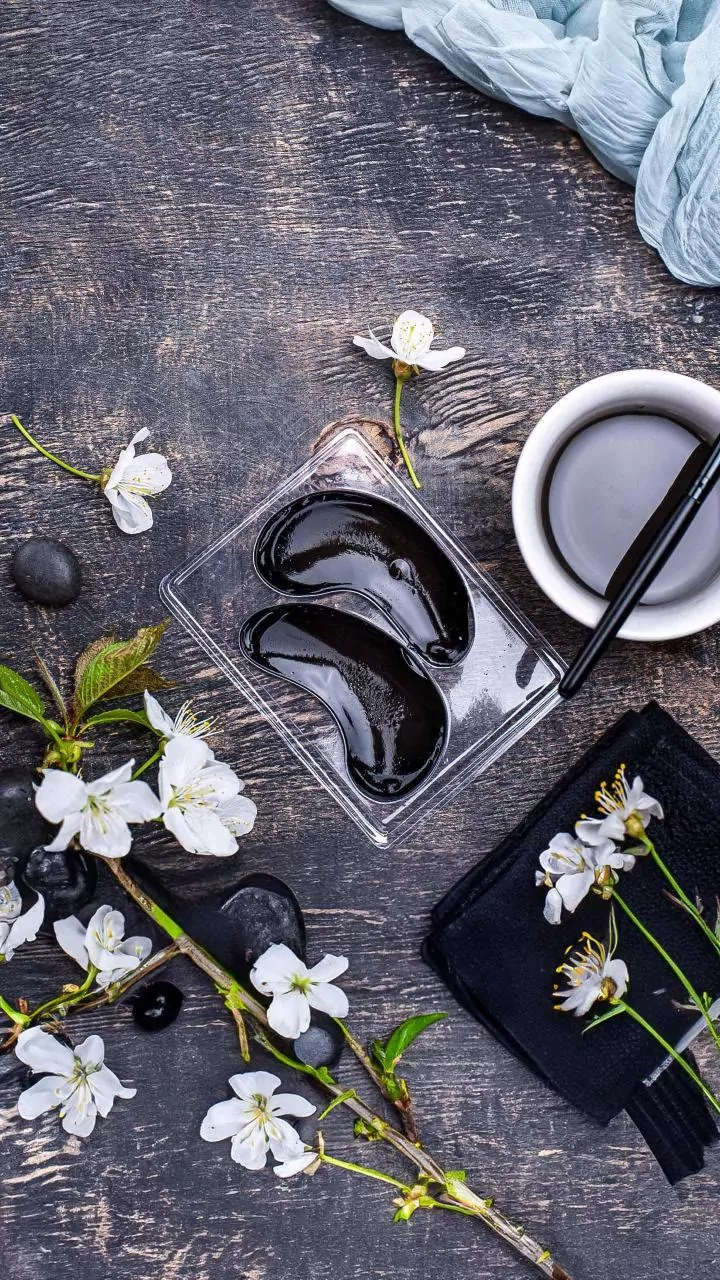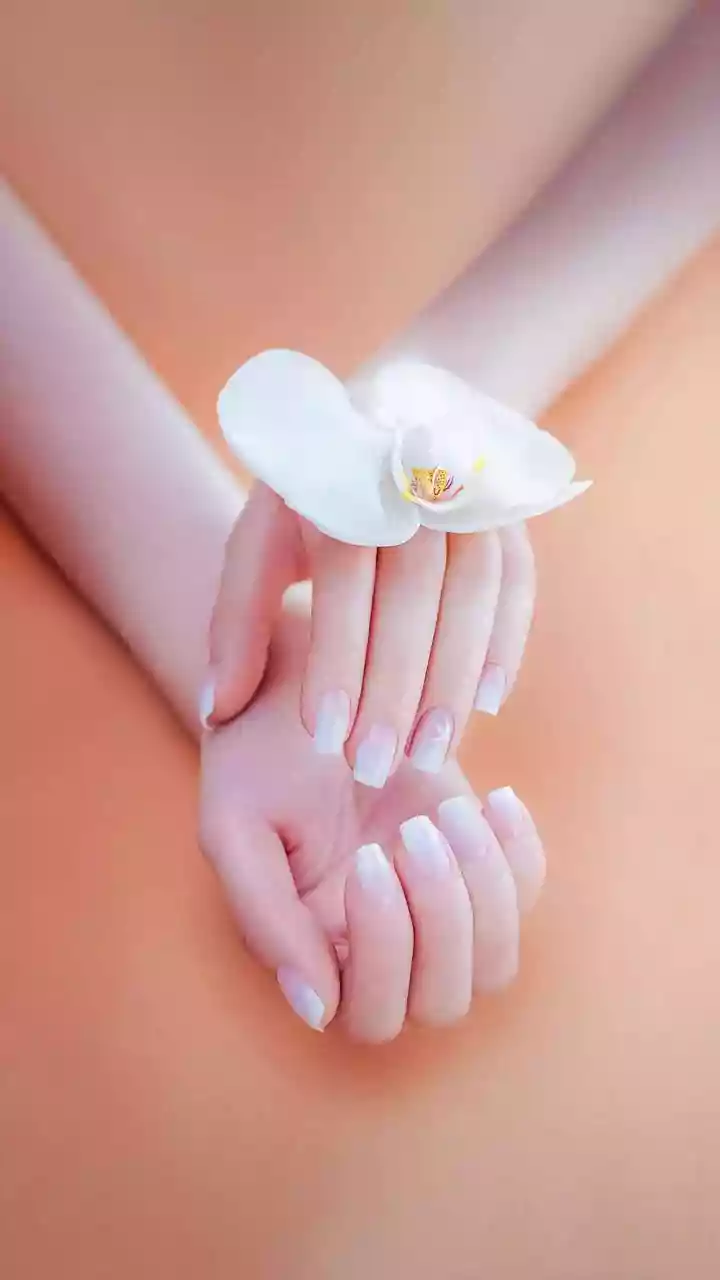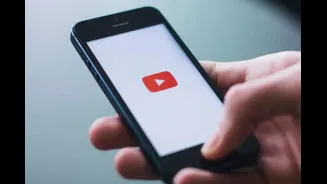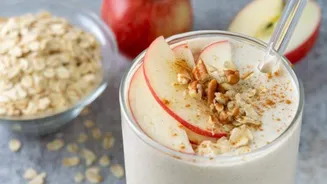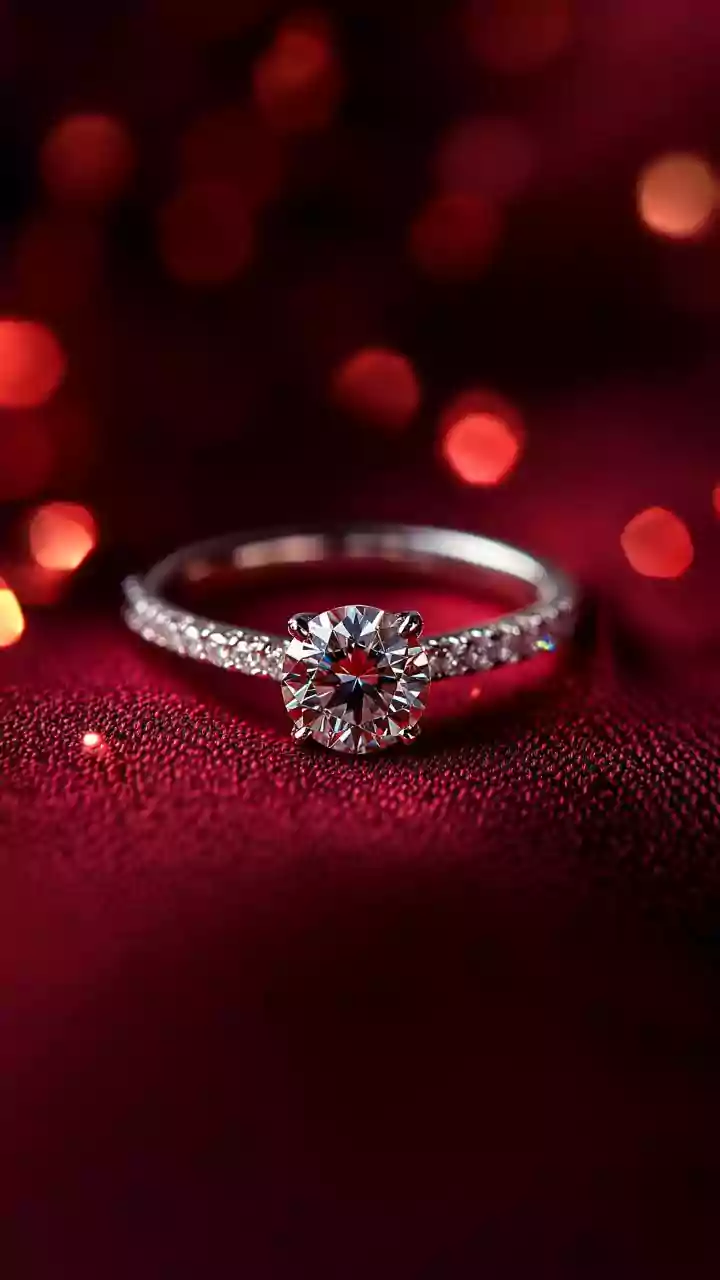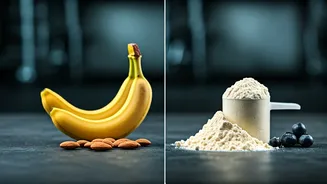Moon's Ancient Origins
The idea that celestial bodies, particularly the moon, have a significant effect on Earth and all that exists here is a concept that spans across numerous
ancient civilizations. The phases of the moon, which are visually represented by changes in its shape over a lunar cycle, have frequently been associated with numerous aspects of life. These include agriculture, tides, and, in some cultural contexts, even human health, particularly hair growth. Looking back into history reveals instances where people thought that specific moon phases were linked to a variety of practices. This can be observed in harvesting crops, arranging social gatherings, and managing personal grooming practices. The association between the moon and hair growth originates from a wider belief system that acknowledges a deep connection between cosmic cycles and the growth cycles of living things.
Myth or Magic?
The core question remains: Is the moon's influence on hair growth a legitimate phenomenon or merely a persistent myth? The answer is complicated and not definitively established by scientific evidence. While some anecdotal evidence and cultural traditions support the idea, concrete scientific studies directly proving a causal link between moon phases and hair growth are limited. Proponents of this theory suggest the moon's gravitational pull affects bodily fluids and, by implication, the health and development of hair follicles. Yet, many scientists dismiss these claims because there is a lack of empirical backing. Therefore, the subject continues to be a subject of debate, mixing traditions, personal experiences, and scientific perspectives. It's important to examine both the conventional views that are supported by the traditions and the more critical perspectives coming from contemporary science.
Hair Growth Links
Even without direct evidence linking the moon to hair growth, various factors are recognized to have significant effects on hair health. A balanced diet rich in vitamins and minerals, particularly those from the B group, along with vitamins C, D, and E, is vital for nourishing the hair follicles and promoting growth. Furthermore, genetic factors play a crucial role in deciding hair qualities like texture, colour, and development rate. Hormonal imbalances, stress, and certain medical conditions can also affect the hair growth cycle, which might cause shedding or slower growth. The overall health and lifestyle choices greatly influence the vitality of the hair. The relationship between the moon and hair growth, if any, may be indirect, affected by environmental factors, general wellbeing, or the specific hair care practices people choose based on lunar cycles.
Debunking Misconceptions
Over time, numerous myths have formed around the moon's alleged impact on hair. One persistent belief is that cutting hair during a waxing moon (when the visible moon is increasing in size) promotes faster growth and thicker hair. Conversely, it is sometimes believed that trimming during a waning moon (when the visible moon decreases in size) may lead to slower growth. These claims frequently are rooted in the belief that the moon's energy directly influences hair follicles. However, there's no scientific proof to support them. It is crucial to dismiss these false ideas with the recognition that hair development is a complex biological process that is mainly influenced by internal factors and external care procedures. This involves the importance of proper nutrition, adequate hydration, and the use of suitable hair care products.
Practical Hair Tips
Regardless of lunar phases, specific hair care routines can significantly affect hair growth and health. It's essential to use gentle, sulphate-free shampoos and conditioners to keep the scalp healthy and avoid stripping away natural oils. Regular conditioning and deep treatments help moisturize and nourish the hair strands, lowering breakage and split ends. In addition, mindful brushing using the right kind of brush, as well as refraining from using heat styling tools too frequently, can also reduce damage. Consuming a diet rich in protein, vitamins, and minerals provides the fundamental nutrients required to foster healthy hair from within. Lastly, keeping stress levels under control and getting enough sleep have an impact on overall health, including hair development, by promoting a balanced and optimal internal condition.
The Best Time?
If you are interested in linking your hair care practices with moon phases, one approach is to base your hair trimming on the waxing moon period, which is believed by some to promote faster growth. Because it's supposed that this is the time when the moon's energy is at its peak. The waxing moon phase typically occurs between the new moon and the full moon. On the contrary, some people prefer trimming their hair during the waning moon, believing that this reduces shedding or strengthens the hair. However, it's important to remember that there is no scientific consensus. Ultimately, the 'best time' to trim your hair is when it aligns with your schedule and hair needs. Paying attention to your hair's health and using sound care habits is much more vital than strictly adhering to lunar calendars. Experimenting with different approaches and seeing what works best for you can be a fun and personal way to determine which strategies are most effective.
